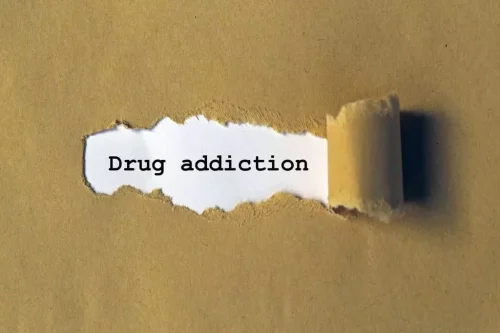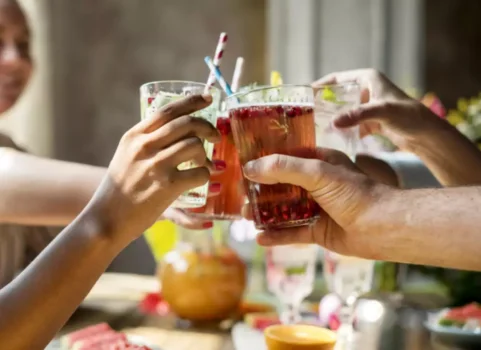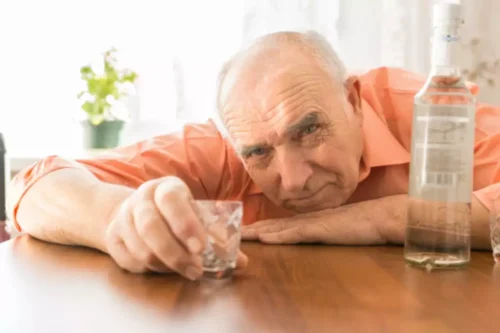
People with alcohol use disorder (AUD) have a higher insomnia risk than others. The calories in alcohol are “empty,” meaning they contain little to no beneficial nutrients or minerals. Alcoholic beverages are often high in empty calories, with about seven per gram.
Does Drinking Alcohol Make You Gain Weight?
More than 1 beer a day or regular binge drinking raises your risk of belly fat gain and other health problems. Keeping well-hydrated is so important when consuming alcohol – for a variety of reasons. Aim to drink a glass of water between alcoholic beverages to reduce dehydration and help curb excessive drinking. This habit not only keeps the calories in check but also assists your body in metabolizing alcohol more efficiently. Add all of this together and it’s easy to see how drinking heavily can cause you to gain weight over time. That doesn’t mean you have to totally swear off alcohol if you want to lose weight—you just need to be smart about drinking.

Pickleball is everywhere. Here’s why the fast-growing sport is good for your health
- The authors of the aforementioned review in Current Obesity Reports presented several hypotheses regarding why alcohol may not result in weight gain.
- Overall, it’s thought that the more you drink, the higher your risk of gaining weight and developing a beer belly (8, 19).
Coffee drinks sweetened with syrup or sugar are high in calories. Regularly drinking them could contribute to weight gain, so limit your intake or use low calories sweeteners like stevia in place of sugar. It used to be thought that moderate alcohol does liquor make u gain weight consumption confers health benefits, but experts now recognize that regularly imbibing can have a variety of harmful health consequences. “It can exacerbate depression, increase blood pressure, and lead to cardiac arrhythmias,” Koob says.
- The liver also plays a role in the metabolism of fats, carbohydrates, and proteins.
- For example, your adrenal glands, found on top of your kidneys, secrete cortisol, a stress hormone.
- Another factor to consider is that alcohol can increase your appetite and lower your inhibitions, making it easier to overeat.
- About 60% of your body is made up of water, so some shifts in how much water you’re holding on to is entirely normal and nothing to worry about.
Do Diet Drinks Hinder Weight Loss and Contribute to Belly Fat?
It can also take more time for women to lose extra weight from their abdomen. As a result, even if men can develop a gut more easily, consuming excess calories is not a good idea for women either. No matter who you are or what beverage you prefer, excessive drinking is likely to give you some kind of belly. In a prospective study published in Obesity https://ecosoberhouse.com/article/how-alcohol-affects-your-kidneys/ in 2017, researchers examined the effects of alcohol by type (ie, beer, liquor, and wine) on long-term weight gain in US men. Data was drawn from the Health Professionals Follow-Up Study and adjusted for age, lifestyle/diet changes, and cardiovascular risk factors. Many fast food items are high in calories, fat, added sugar, and sodium.
Does alcohol really lead to weight gain? Here’s the evidence


- Coffee drinks sweetened with syrup or sugar are high in calories.
- With age, health issues that can be exacerbated by alcohol may become more common.
- That will create an unhealthy ripple effect in other areas of your life.
- Avoid high-calorie mixers; opt for seltzer or lime to add flavor without the extra sugars.